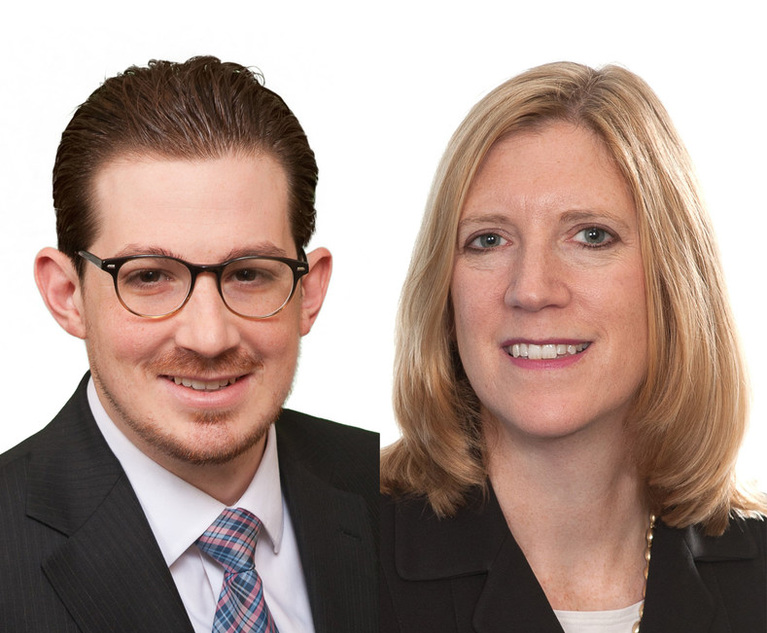Before March 16, 2020, the day of a Pennsylvania workers’ compensation attorney was quite hectic, driving around the state, attending court hearings, depositions, mediations and client meetings. Depending on where your office was located, and the counties your cases were located, the time in the car could be extensive. Many firms opened multiple offices to reduce travel time. Many clients thought travel time was irrelevant, if they wanted their favorite attorneys covering a specific matter. Focusing on the court system, most cases would involve attending a series of hearings, from a pretrial hearing to a final hearing, with the number of hearings per case being different depending on the judge. In some of Pennsylvania’s larger cities, court hearings would typically be a “call of the list,” where multiple cases were scheduled at the same time, and attorneys would appear at the hearing room and wait for their case to be called, sometimes dashing back and forth between multiple courtrooms. You could be at the hearing office anywhere from a few minutes to a few hours or all day even, depending on whether you had a pre-trial hearing at the beginning of the list, or testimony of a witness at the end of the list. Many judges held their hearings in the morning, leaving the attorneys’ schedules open in the afternoon for depositions, mediations and client meetings, all of which took place in person. Some days and for the better part of some weeks, workers’ compensation attorneys did not even make it to the office.
The litigation of a typical case would involve attending a pretrial hearing before the Judge to get a scheduling order. If it was a petition filed by the injured worker or claimant, the next event would be the deposition of the claimant, followed by a deposition of the claimant’s medical expert. A status hearing (or more than one) would be held before the Judge for the claimant to submit their evidence, and the matter would proceed with the employer’s case. The employer would typically present a medical expert by deposition, and possibly employer fact witnesses either at a deposition or at a court hearing. A final hearing would be held during which the parties would submit all their evidence, and a briefing schedule would be established. As stated above, all of these events would take place in person, although some claimant’s attorney had the practice of participating in employer’s deposition by phone. It was unusual for employer’s counsel to attend any events by phone, but sometimes claimant’s counsel did. From the claimant’s perspective, telephonic hearings took place when a claimant moved out of state.


 Lucas J. Csovelak, left, and Sherri L. Dougherty, right, of Weber Gallagher Simpson Stapleton Fires & Newby. Courtesy photos
Lucas J. Csovelak, left, and Sherri L. Dougherty, right, of Weber Gallagher Simpson Stapleton Fires & Newby. Courtesy photos




